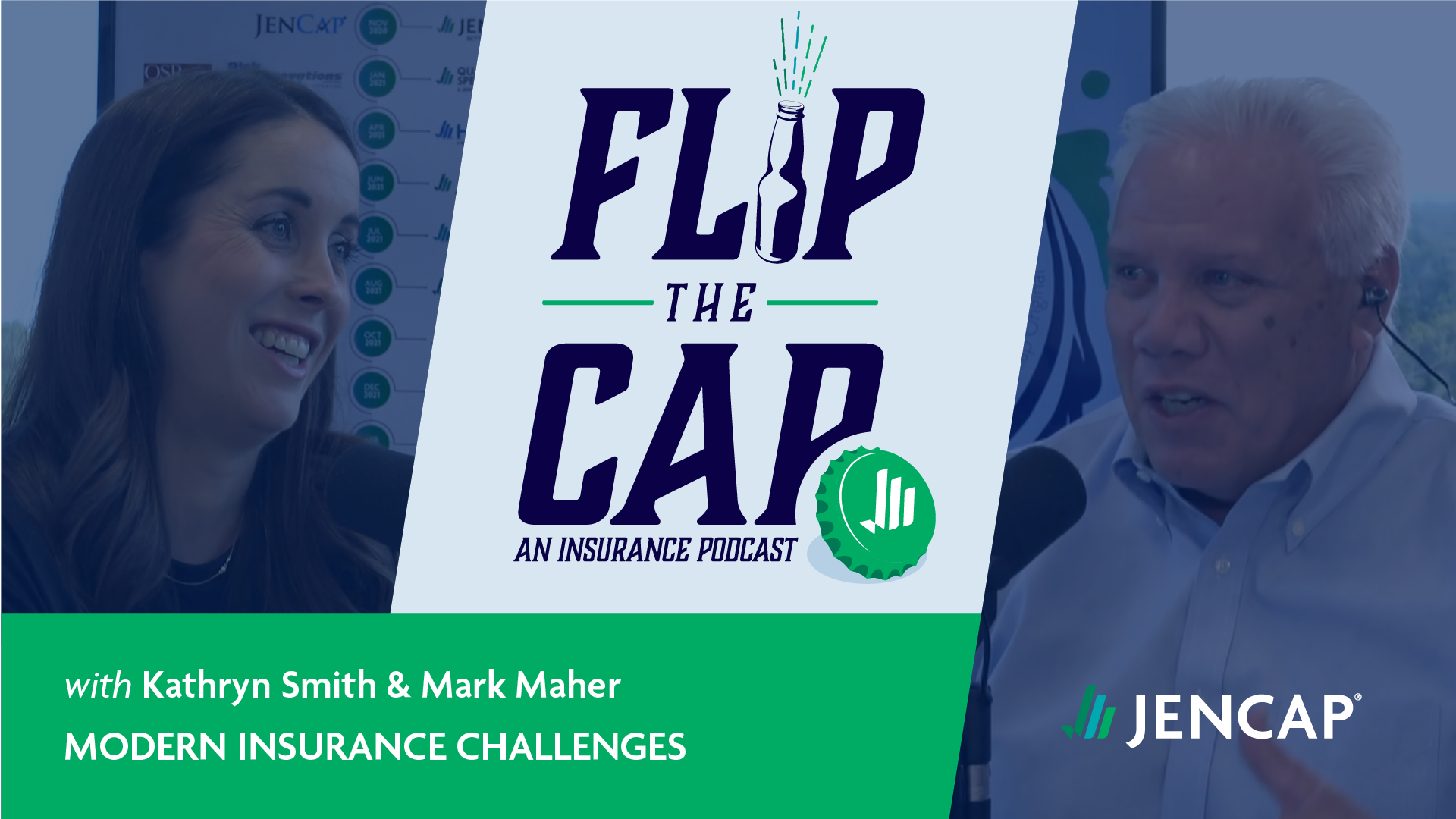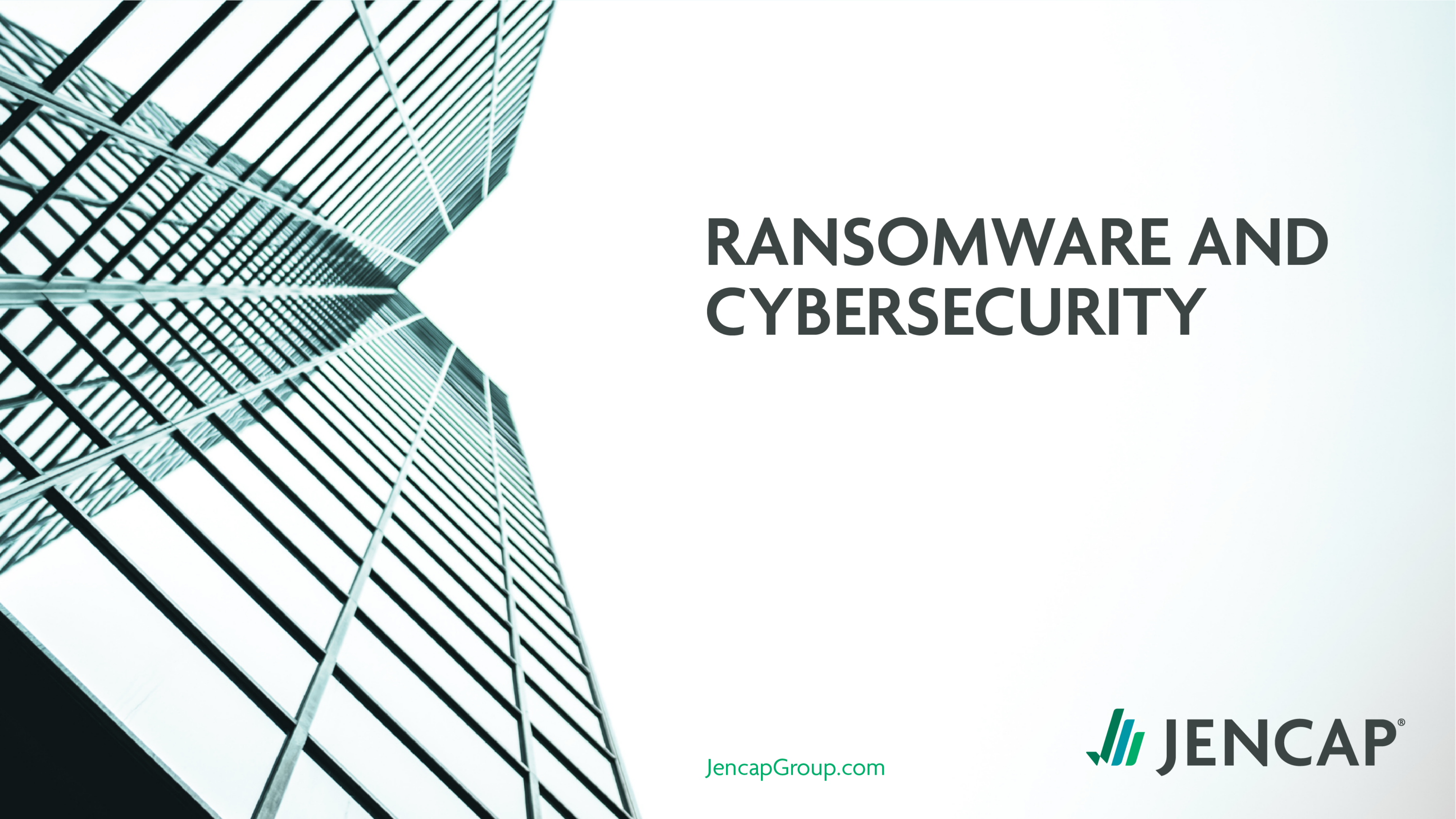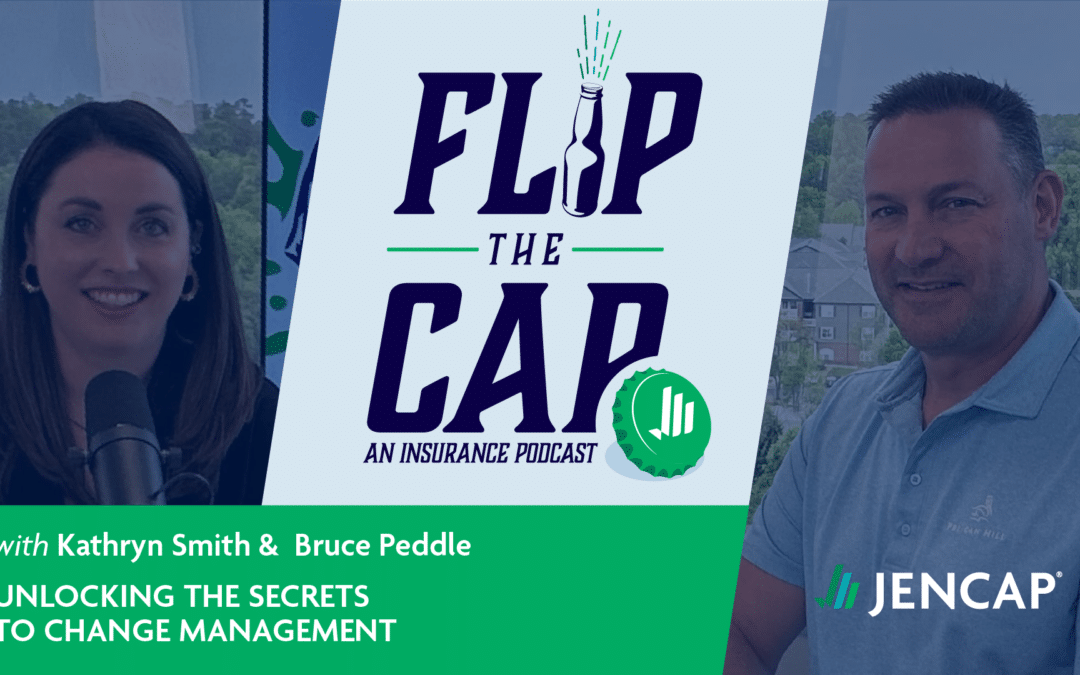If you clients have never experienced product recall, they may not understand the risks involved. You can be a great resource to your clients by mitigating that risk before it puts a strain on their resources. Minimizing the damage your clients may experience as a result of a product recall requires two things:
- a comprehensive response plan
- a policy to offset the expense
A Comprehensive Response Plan
A product recall starts with a manufacturer becoming aware of a safety issue related to one of their products.
When a concern arises, the first step is to thoroughly investigate the problem and identify its scope and nature. This often requires extensive testing, hiring experts, and pausing operations. Depending on the complexity of the product, tracing back the issues to a root cause may be a long process. Additionally, the manufacturer is obligated to inform regulators of the issue.
Once the problem is identified, inform customers of the issue and any corresponding safety risks. Next, collect defective products and issue replacements/refunds. Replacing these units may require additional manpower and overtime expenses.
The business must continue to operate and address the outcome. Some of the challenges to business continuity during a recall include:
- PR issues and reputational damage
- Loss of sales/cancellations
- Regulatory scrutiny
- Prolonged delays to manufacturing
In short, a product recall adds up to major expenses. Your clients need expertise and support to effectively navigate the process.
A Policy to Offset Recall Costs
Despite the risks and challenges created by a recall, agents may experience pushback from clients when recommending a product recall policy. This hesitation from businesses is typically rooted in concerns around added expenses as well as an underestimation of the risks.
Common misconceptions include:
“We’ve never had a recall. Why would we need a policy?”
If a business has never experienced a product recall, it is easy to underestimate the burden it can create. Your clients may view a new policy as an unnecessary expense. Counter this concern with the fact that a product recall can happen to anyone in any industry. Just because your client hasn’t faced a recall does not mean one couldn’t happen tomorrow.
“We inspect all of our products thoroughly. Quality concerns are not a possibility.”
No person or system is perfect. Through error or bad luck, a single mistake could create a massive issue. The tiniest problem, when multiplied over thousands or millions of units, creates the need for a large, expensive recall.
“These costs are covered by my liability policy.”
Liability policies do not typically cover recalls, and if they do, the amount is usually not sufficient to cover the expense. Emphasize to your clients the importance of thoroughly reviewing coverage details to avoid any unpleasant surprises.
“Our suppliers are responsible for the bill.”
This is a dangerous assumption to make. Even if a supplier is liable, your client’s business is not entirely off the hook. Further, if the supplier is solely liable, it may be difficult to compel payment due to a lack of funds, litigation, a waiver within the manufacturing contract, or a dispute regarding responsibility. It is unwise to assume a third-party actor will handle recall issues if they arise.
Product recalls are difficult to navigate. However, damage is mitigated with the right expertise and a comprehensive policy. You can read more industry insights here.
























